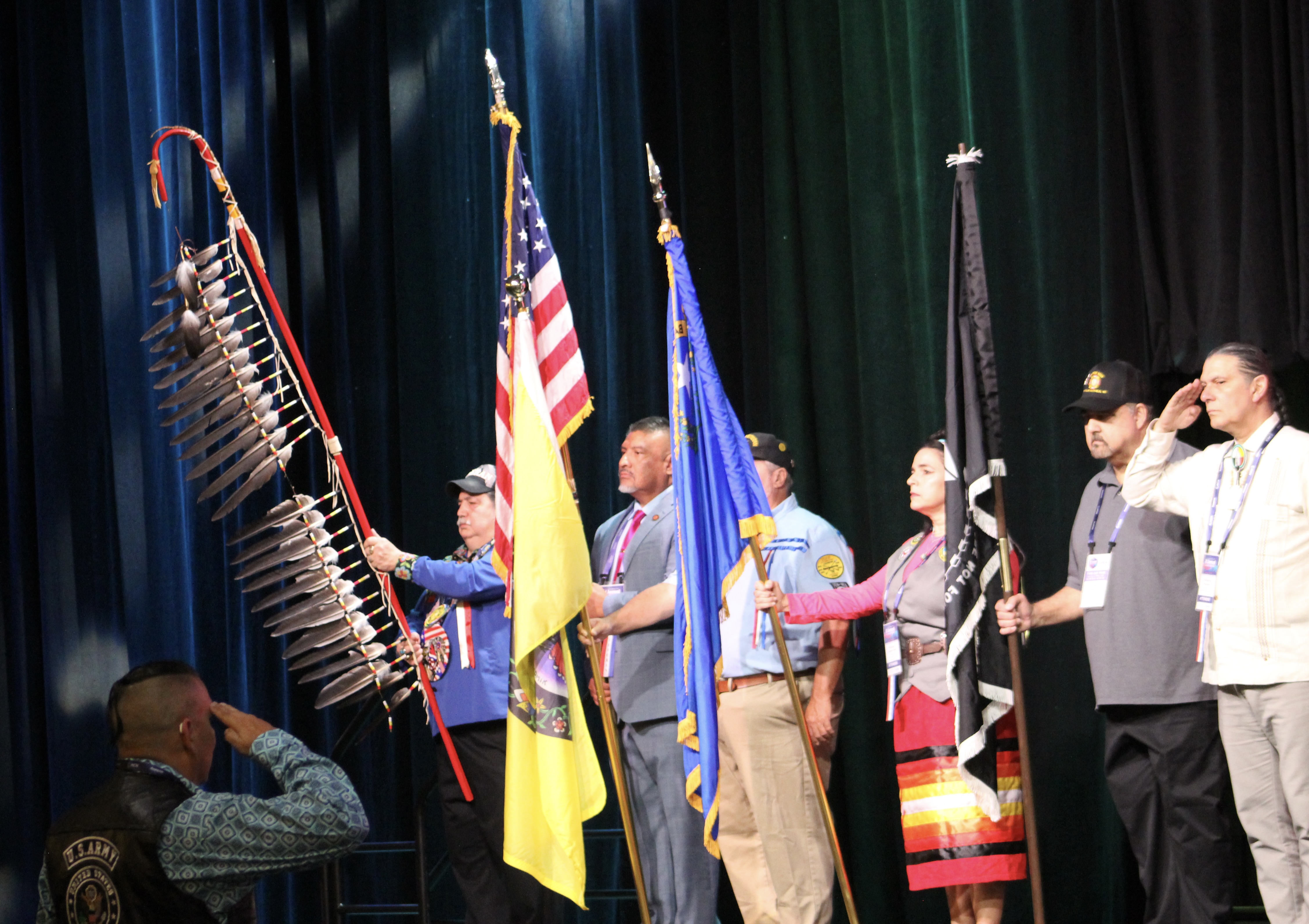
- Details
- By Jonathan Sharp
Native Vote 2024. Mesothelioma is a rare cancer caused by asbestos exposure, with military personnel being among the groups at highest risk due to service-related exposure. In the U.S., there are over 16.2 million veterans, of whom 183.000 are Native Americans. Although mesothelioma is one of the rarest forms of cancer, veterans account for around 30% of all diagnosed cases. Native American veterans, in particular, also seem to experience poorer health outcomes and face greater exposure to hazardous conditions.
Across all ethnic groups, once a mesothelioma diagnosis is made, survival rates at 5 years post-diagnosis range between 7% to 24% with treatment. However, without treatment, the survival expectancy is about six months. This significant difference in survival rates makes early diagnosis crucial to receiving adequate medical care.
What makes pleural mesothelioma hard to diagnose?
Pleural mesothelioma has an insidious onset with symptoms that can mimic conditions like the common cold, and the flu, or overlap with symptoms of pulmonary and cardiac disease, for which some may already be receiving treatment. This symptomatology, combined with the rarity of the condition makes doctors less likely to consider it. At the same time, mesothelioma can emerge 20 to 60 years post-exposure, further hindering patent history taking simply because people may not even consider a link between past exposure and their symptoms.
Clinical practice is also plagued by some limitations in diagnosis. As mesothelioma is so rare, not much attention is given to considering the gold standards for diagnosis and clinicians are not adequately trained to recognized differentiating symptoms. Moreover, current diagnosis standards apply to usual presentations, while disregarding earlier stages of the condition and atypical manifestations. Current research on mesothelioma diagnosis indicates that around 14% of cases are still misdiagnosed in developed nations, and more research is needed to fully understand pathological mechanisms that may help refine diagnosis methods.
A National Mesothelioma Registry to Improve Diagnosis
At present, there is a pressing need for significantly more research to be carried out on mesothelioma, not only in diagnosis methods but also in terms of new therapeutic pathways. Yet access to participants that may facilitate this research process is significantly limited for scientists. New cases diagnosed take up to two years to reach national statistics, where researchers can identify and contact patients for taking part in new studies. As survival rates are very low, by the time a case is reported through national statistics, and thus becomes available to researchers, the patient is no longer alive.
A National Mesothelioma Registry would in effect eliminate this problem, as patient information would become instantly available to healthcare research professionals under a case-finding methodology system. This would enable researchers to build more accurate pathology models for disease prediction and progression, which in return may result in refined diagnosis methods and better treatment options.
Better Diagnosis for Native Americans
In the Native American population, several types of cancers are more prevalent when compared to other populations. While a genetic predisposition has been considered, this has been mostly dismissed. Nevertheless, the illegal disposal of asbestos onto tribal lands, also known as fly-tipping, is a massive contributor to increased mesothelioma occurrence in this population.
In this context, mesothelioma in Native Americans seems to be highly dependent on the social determinants of health, rather than genetics. Yet building a complete picture of these risk factors is necessary for informing patient history taking and diagnosis procedures. If data from a National Mesothelioma Registry becomes available, social risk factors and exposure can be analyzed in more depth in this population.
These data can then inform healthcare interventions in local communities, such as patient awareness campaigns, support regular clinical testing for exposed populations, as well as develop educational campaigns and seminars for healthcare staff to recognize at-risk groups. Without timely access to patient data, none of these approaches are possible, which makes the creation of a National Mesothelioma Registry crucial for improving diagnosis, healthcare and treatment.
Jonathan Sharp is a key figure at Environmental Litigation Group, P.C. (ELG Law), specializing in financial operations and client relations. With a deep commitment to helping individuals affected by environmental hazards, Sharp plays a crucial role in supporting families and communities impacted by toxic exposures, including asbestos and other dangerous substances.
Help us defend tribal sovereignty.
At Native News Online, our mission is rooted in telling the stories that strengthen sovereignty and uplift Indigenous voices — not just at year’s end, but every single day.
Because of your generosity last year, we were able to keep our reporters on the ground in tribal communities, at national gatherings and in the halls of Congress — covering the issues that matter most to Indian Country: sovereignty, culture, education, health and economic opportunity.
That support sustained us through a tough year in 2025. Now, as we look to the year ahead, we need your help right now to ensure warrior journalism remains strong — reporting that defends tribal sovereignty, amplifies Native truth, and holds power accountable.
 The stakes couldn't be higher. Your support keeps Native voices heard, Native stories told and Native sovereignty defended.
The stakes couldn't be higher. Your support keeps Native voices heard, Native stories told and Native sovereignty defended.
Stand with Warrior Journalism today.
Levi Rickert (Potawatomi), Editor & Publisher
